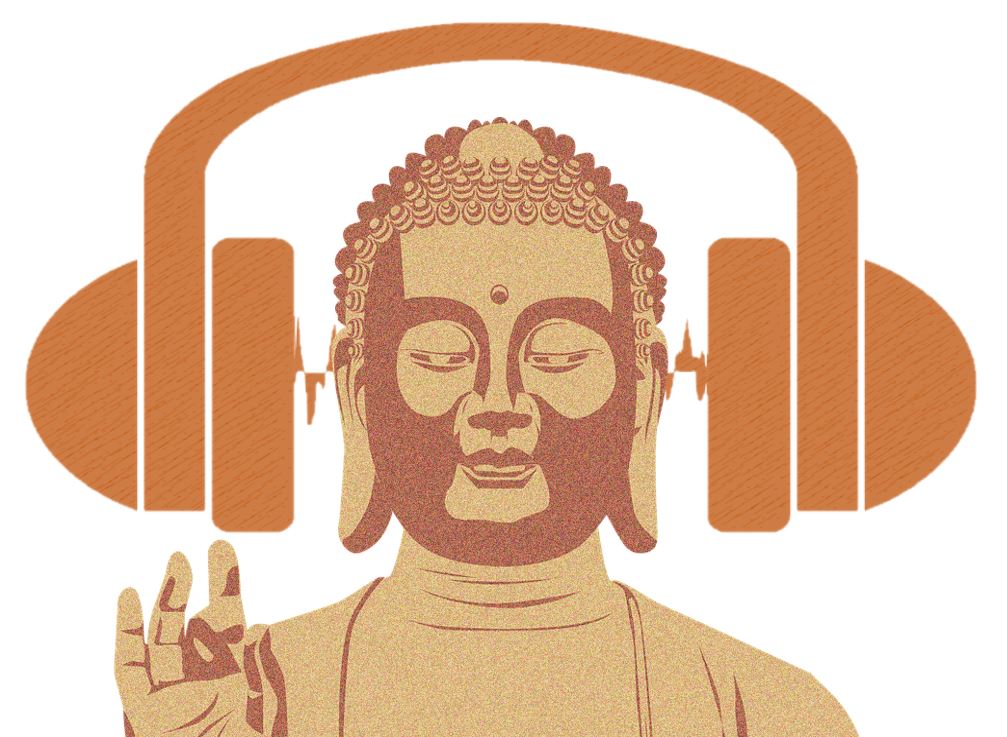
Reading the title of this talk, “The End of the World” might bring up visual images such as a catastrophic asteroid strike, economic or religious conflicts that culminate into a devastating World War… or maybe a world wide pandemic. The Buddha in a few suttas addressed the ending of this world and what takes its place. The world as we knew it, is indeed ending. Nothing will be as it was, no matter how diligently some of us will try to make it “normal” again. It’s not just the exterior world we inhabit that is ending. As the Buddha taught, our internal mental world is continually ending and being reborn moment by moment. Actually being aware that this is taking place is an incredible opportunity to have a hand in how the new internal world will manifest. The internal world that emerges ultimately creates the external world. How we do that, and what we create is up to us.
